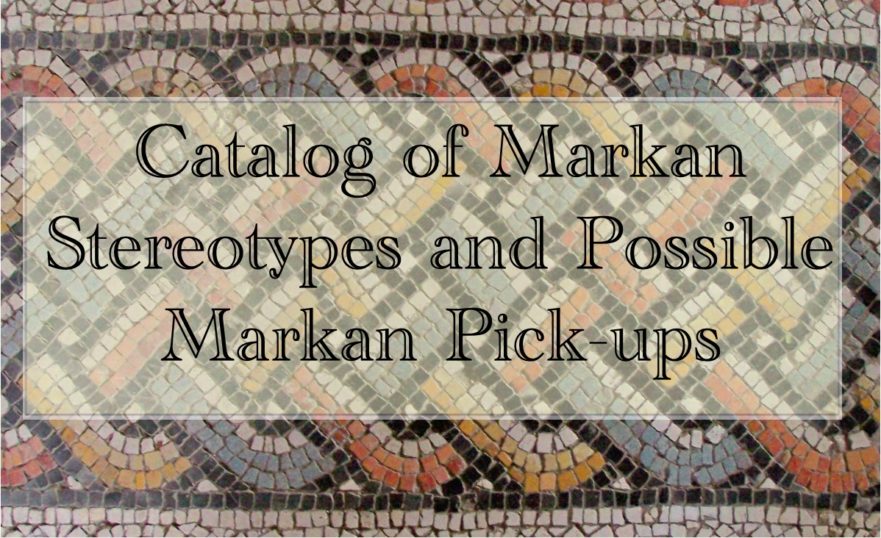A collection of redactional words and phrases characteristic of the editorial style of the author of Mark.
Notley Lecture: “Between the Chairs: New Testament Evidence for the Hebrew Jesus Spoke”
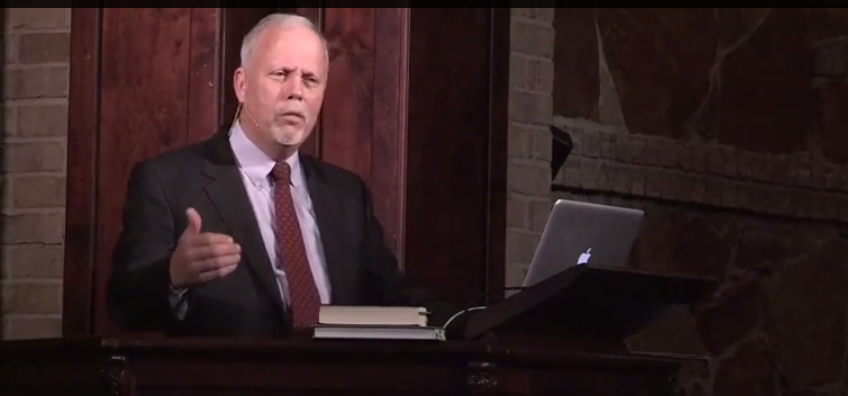
Dr. R. Steven Notley is a contributor to Jerusalem Perspective and member of the Jerusalem School of Synoptic Research. He is Professor of New Testament and Christian Origins at Nyack College in New York. In this lecture Dr. Notley discusses examples of how the Hebrew language influenced the Greek text of the canonical Gospels.
Demands of Discipleship

“Anyone who wants to join me but puts family ties or love of self ahead of me cannot possibly be my full-time disciple. Anyone who is not prepared to die cannot possibly be my full-time disciple. Anyone who does not renounce his possessions cannot possibly be my full-time disciple.”
Rich Man Declines the Kingdom of Heaven

In order to join Jesus band of full-time disciples the rich man would have to adopt a radically different lifestyle than the one to which he was accustomed.
LOY Excursus: The Kingdom of Heaven in the Life of Yeshua

In this excursus to the Life of Yeshua commentary, David N. Bivin and Joshua N. Tilton delve into the ancient Jewish concept of the Kingdom of Heaven and discuss the ways in which Jesus made use of this concept in his own unique style.
Who Made the “Omission,” Luke or Mark?
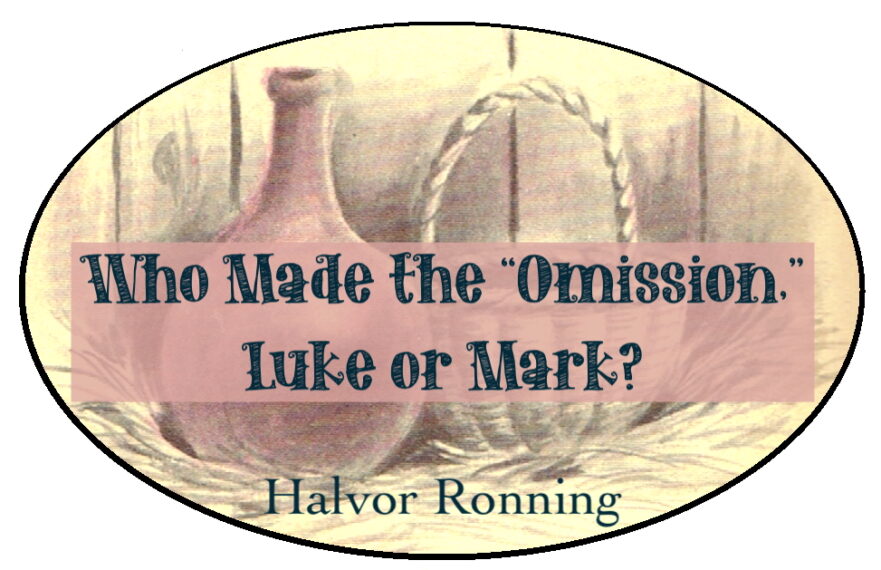
Did Luke see and omit Mark 6:45-8:21, or did Mark see and omit Luke 9:51-18:14? The present article explores the possibility that the Markan pericope, “What Makes a Person Impure” in Mark 7:1-23 is dependent upon the Lukan pericope on “Discourse against the Pharisees” in Luke 11:37-41.
LOY Excursus: Greek Transliterations of Hebrew, Aramaic and Hebrew/Aramaic Words in the Synoptic Gospels

One of the clues that the Synoptic Gospels descended from a Hebrew Life of Yeshua is the number of foreign words that were transliterated into Greek from either Hebrew or Aramaic (it is often impossible to distinguish Hebrew from Aramaic in Greek transliteration).
Shimon’s Mother-in-law
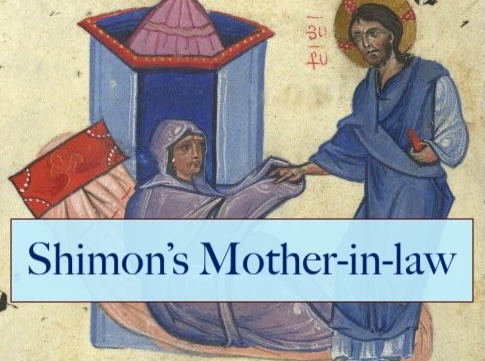
Shimon’s Mother-in-law, a tender story of familial intimacy, offers a unique glimpse of Jesus’ compassion.
LOY Excursus: Mark’s Editorial Style
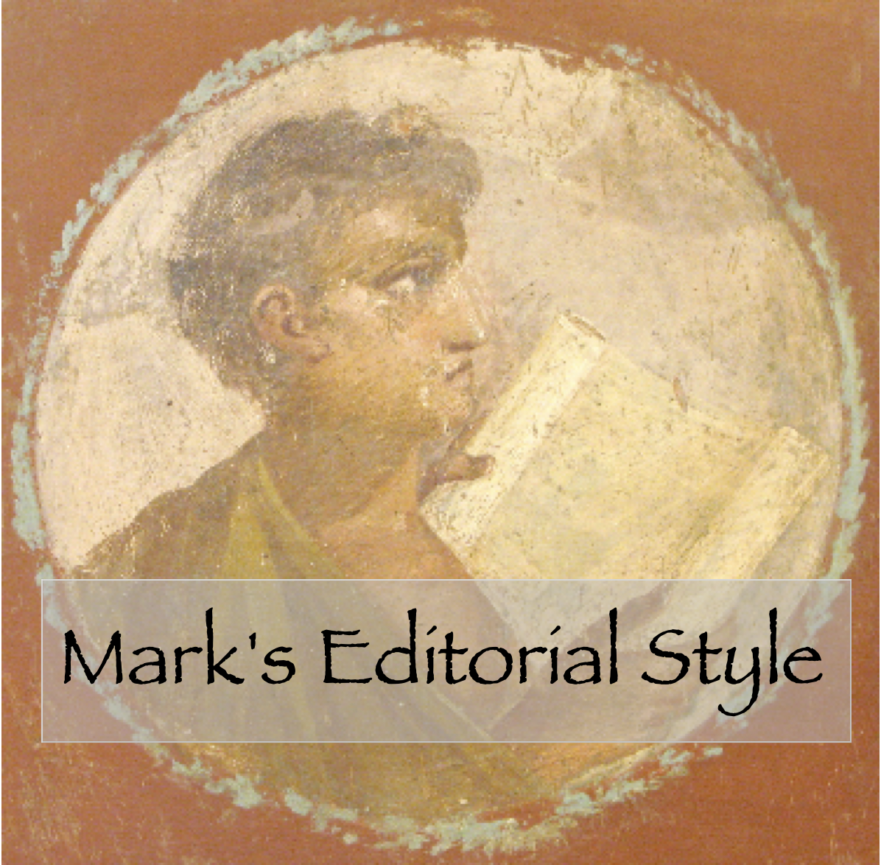
This LOY Excursus is a compendium of observations regarding the redactional changes the author of Mark typically made to his sources. It also discusses the image of Jesus the author of Mark wanted to portray in his Gospel.
“Treasure in Heaven”: Examining an Ancient Idiom for Charity
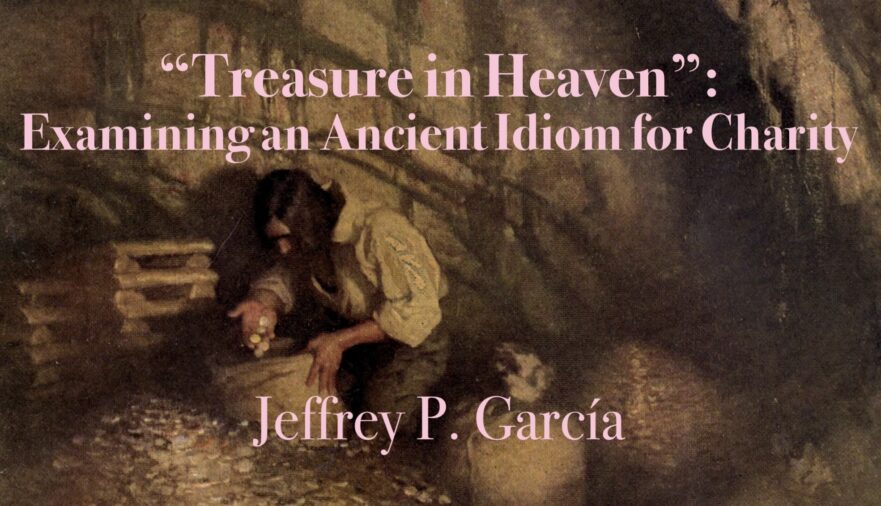
The growing value placed on charity in the first century C.E. cannot be overstated. As a new sensitivity developed within Judaism that challenged the compensatory “blessings and curses” paradigm of the Hebrew Bible (cf. Deut. 28) as a basis to serve God, so there was a shifting emphasis towards altruistic love embodied in the Levitical commandment, “…and you shall love your neighbor as yourself (וְאָהַבְתָּ לְרֵעֲךָ כָּמוֹךָ אֲנִי יי; Lev. 19:18).”
The Hebrew Life of Jesus
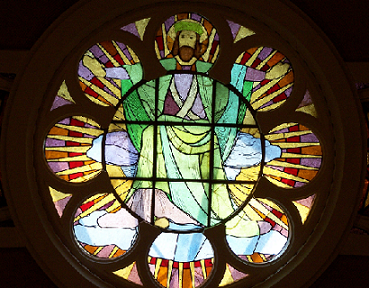
Despite the popularity of the modern suggestion that the Synoptic Gospels are the end result of several decades of oral transmission, the internal evidence indicates that this is not the case. Dozens of pericopae in Matthew and Luke translate to Hebrew so easily and so idiomatically that we must conclude that the Synoptic Gospels are the result of literary transmission.
From Luke to Mark to Matthew: A Discussion of the Sources of Markan “Pick-ups” and the Use of a Basic Non-canonical Source by All the Synoptists

The first article I wrote on the interrelationships of Matthew, Mark and Luke to each other and to other canonical and non-canonical sources appeared in the journal Novum Testamentum. With further research, however, I refined my hypothesis.
Introduction to A Hebrew Translation of the Gospel of Mark

Jerusalem Perspective presents a newly revised version of Robert Lindsey’s groundbreaking essay on the Synoptic Problem, which served as an introduction to his Hebrew Translation of the Gospel of Mark.
The Times of the Gentiles and the Redemption of Jerusalem
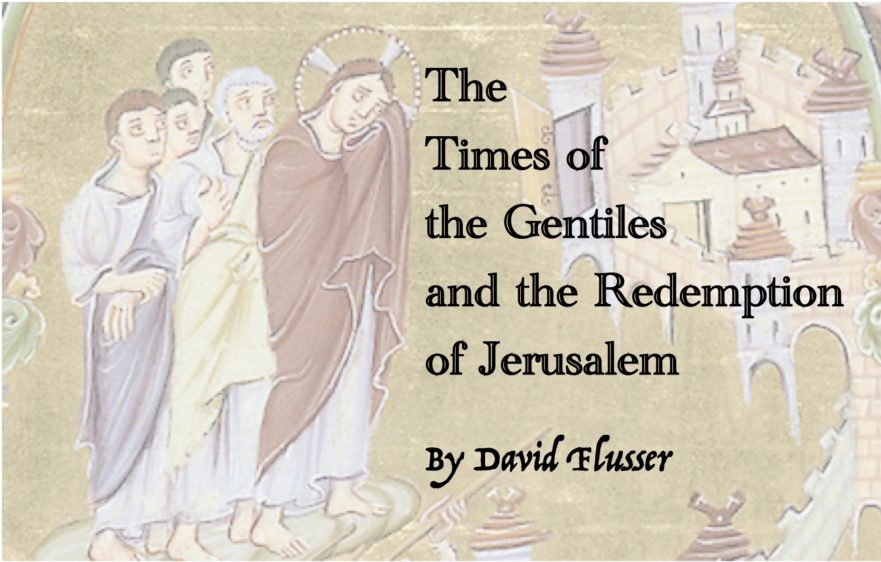
In this article David Flusser applies the methods of the Jerusalem School of Synoptic Research and the insights of Robert Lindsey’s solution to the Synoptic Problem to Jesus’ prophecy concerning the destruction and liberation of Jerusalem.
Character Profile: Who Was John Mark?
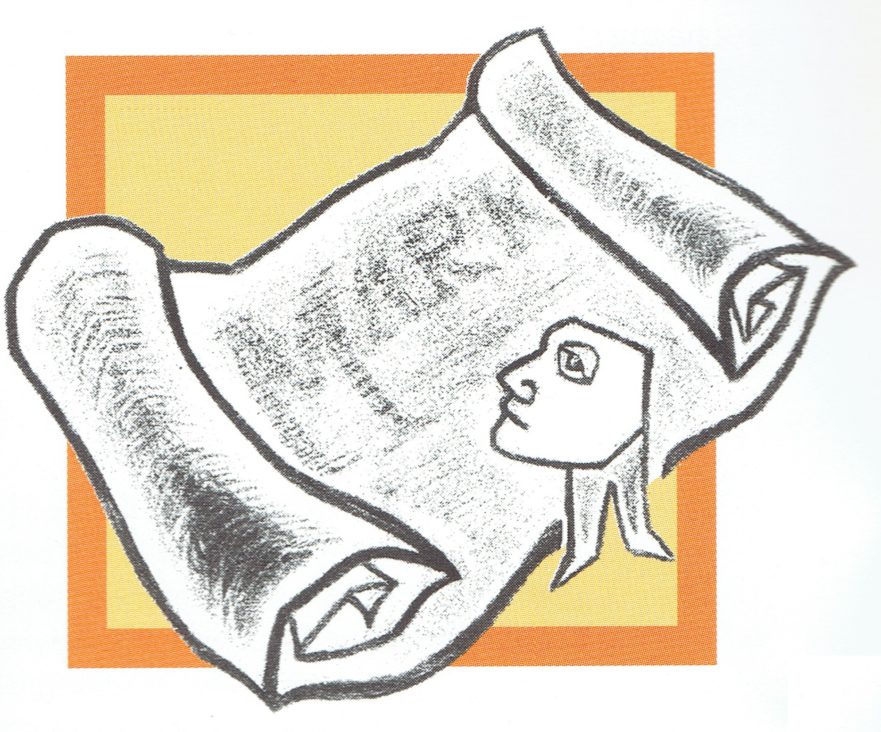
Professor David Flusser on R. L. Lindsey’s “revolutionary step” in New Testament scholarship, showing that the Gospel of Mark, which made Jesus “less of a Jew,” was written latter than Luke.
Measuring the Disparity Between Matthew, Mark and Luke

A solution to the synoptic problem involves, among other things, the measurement of the disparity we find between parallel texts in Matthew, Mark and Luke.
Hebraisms in the New Testament
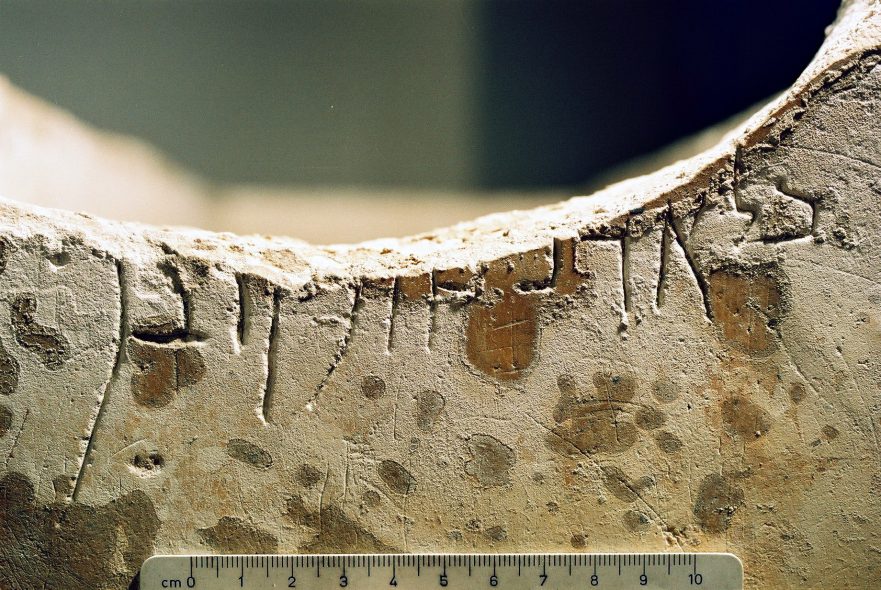
The text of the New Testament contains many Semitic elements, some of which are Hebraisms. The Synoptic Gospels show evidence for the existence of wordplays and idioms that are typical of Hebrew.
Preparations for Eating the Passover Lamb
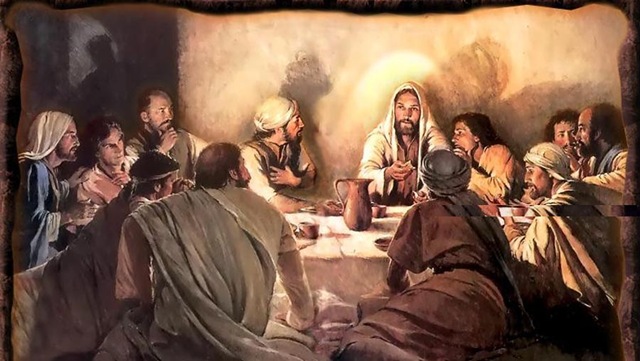
Careful analysis shows that a Hebraic source ultimately stands behind the Synoptic Gospels and that this source is best preserved in Luke. Luke’s version of the Preparations for Eating Passover Lamb preserves details—such as Jesus taking the initiative to send the two disciples, commanding the disciples to prepare the lamb, and using Hebraic idiom—that fit the cultural context of first-century Judaism.

